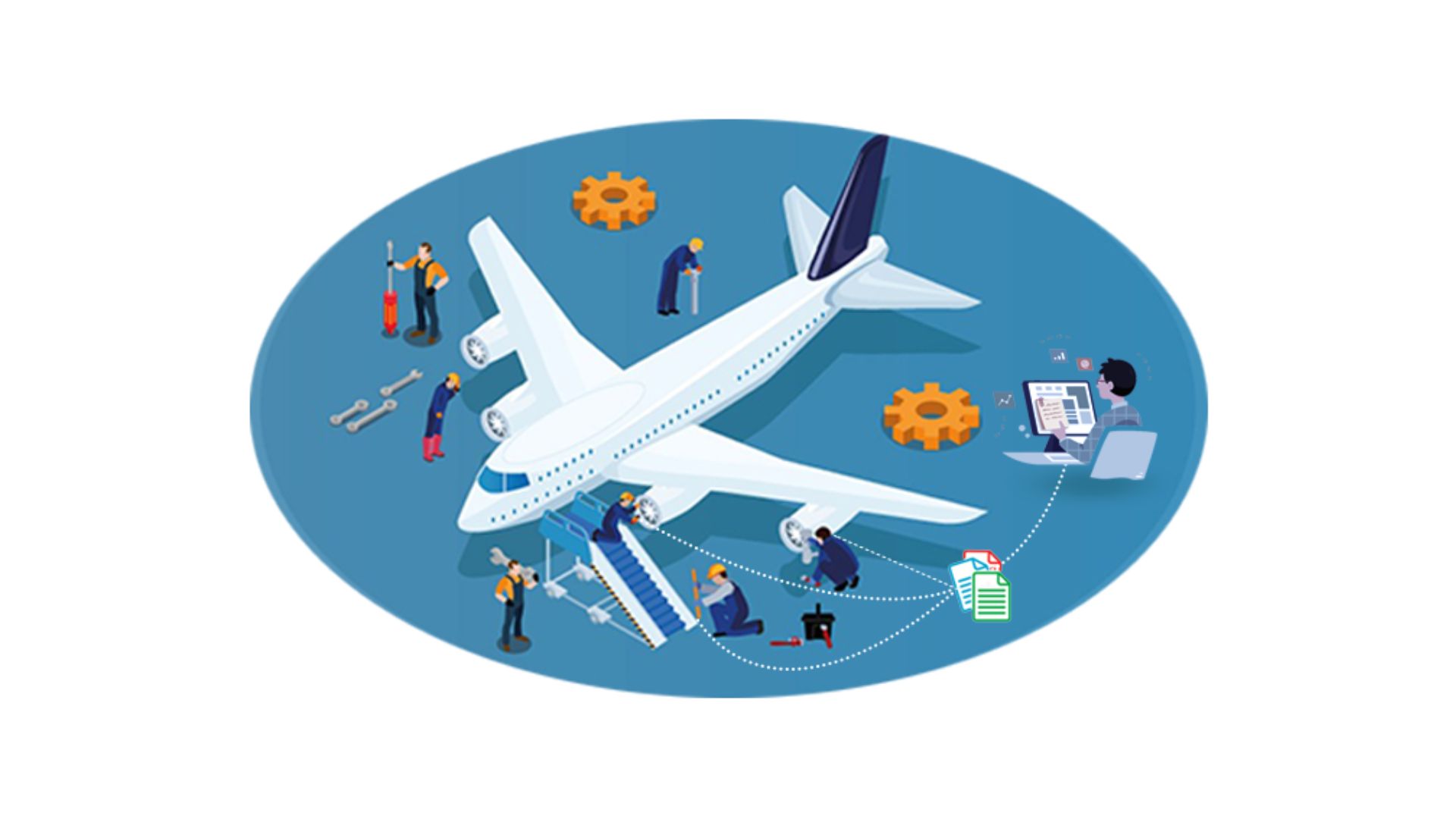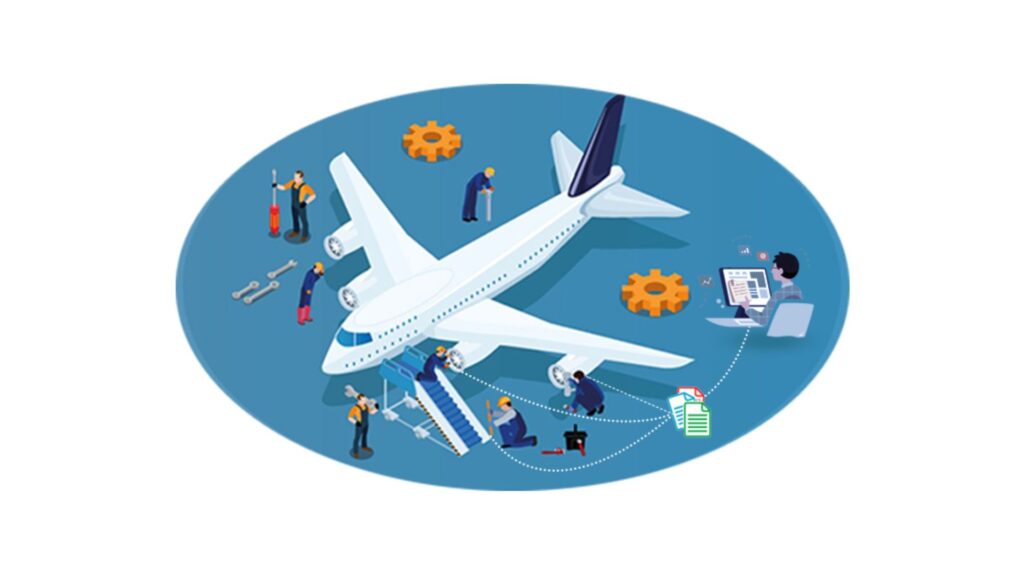
28 Jun GST Revision Boosts Competitiveness of India’s Aircraft Maintenance Industry

India’s aircraft maintenance and repair industry is poised for significant growth following a recent revision of Goods and Services Tax (GST) rules. The 53rd GST Council proposed a uniform 5% tax on the import of aircraft parts, components, testing equipment, tools, and toolkits, irrespective of their HSN code.
The Harmonised System of Nomenclature (HSN) is a globally recognized numerical code used for product classification during taxation. Executives in the Maintenance, Repair, and Overhaul (MRO) industry believe this revision will eliminate uncertainties surrounding the classification of raw materials by customs.
In 2020, the government reduced GST on MRO industry imports from 18% to 5% to support the sector during the Covid-19 pandemic. However, customs officials faced confusion due to multiple raw materials sharing common HSN codes with other items. Consequently, specialized raw materials like aircraft paints, specialty steel, nickel-based alloys, and aerospace-grade aluminum were taxed as non-aircraft parts, leading to higher duties and taxes.
For instance, when an aircraft undergoes periodic checks in an Indian MRO hangar, airlines might need to replace the galley carpet. These specialized carpets, not manufactured in India, had to be imported and were subjected to a 12% duty, similar to regular carpets, increasing costs and reducing the competitiveness of the Indian MRO industry. Similarly, aircraft paint, a specialized product, was taxed at 18%, the same rate as regular paint.
The managing director of Air Works, a company based in Hosur, Tamil Nadu, serving multiple Indian and global airlines, stated that the GST Council’s decision would help reduce ambiguity. He noted that the government’s revision of GST norms enhances the appeal and competitiveness of Indian MROs globally, potentially attracting international investments to establish an indigenous MRO ecosystem and boost self-reliance in the sector.
As maintenance demands shift towards higher-value services like engine and component overhauls, component costs gradually surpass labor costs. The managing director added that the reduction in duties allows them to offer more competitive rates to customers, expanding their potential market.
Given India’s strategic geographical location between major Asian and European countries, the government has implemented measures to position the country as a leading passenger and aircraft MRO hub worldwide.


No Comments